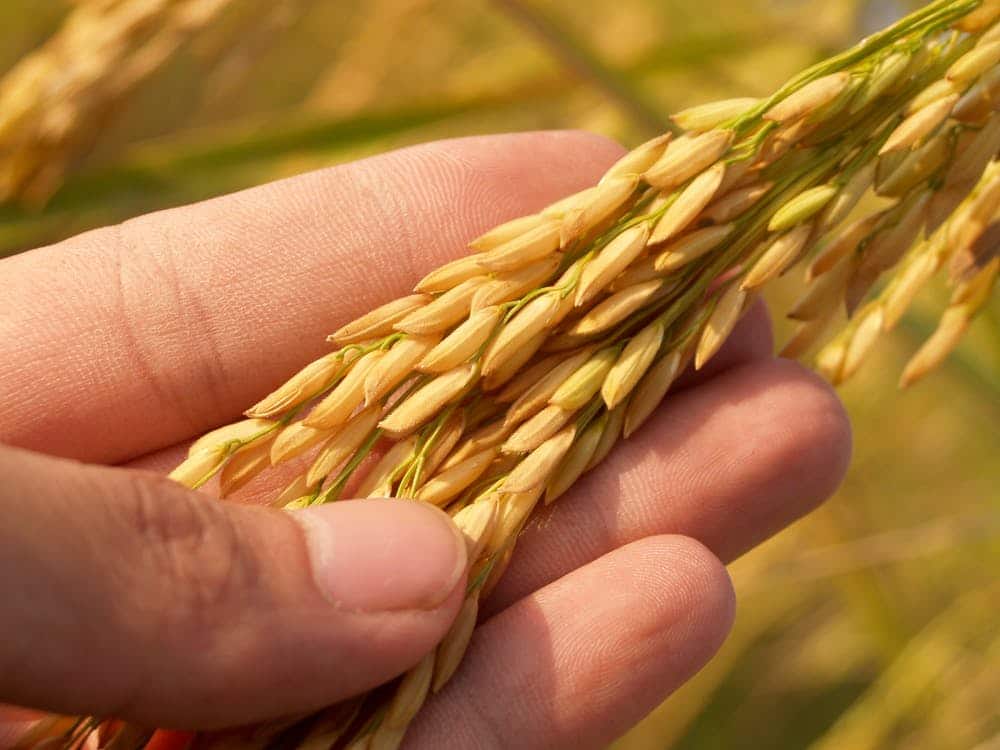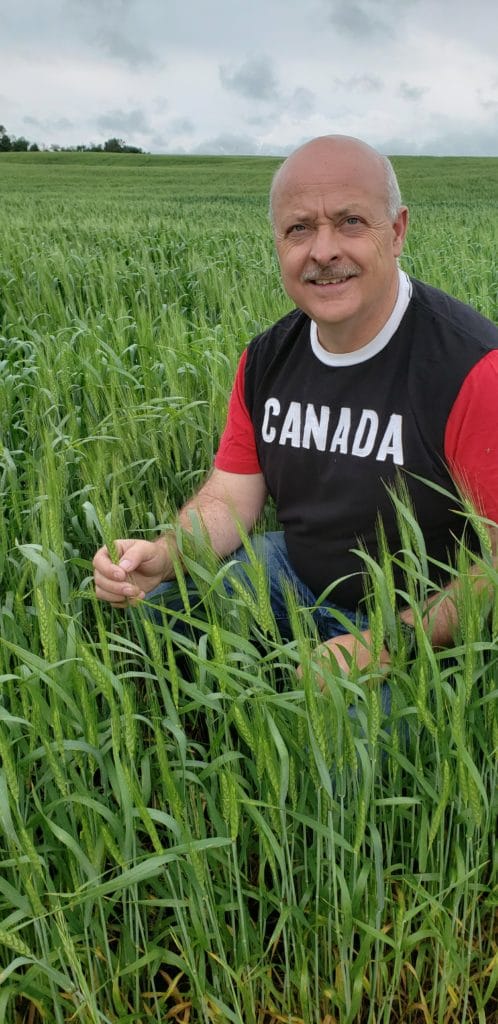The recent merger of Cereals Canada and the Canadian International Grain Institute last year brings together two organizations with a common vision and shared purpose.
When it was announced last April that Cereals Canada and the Canadian International Grain Institute (CIGI) would merge into a single organization, it hardly came as a surprise to most in the agricultural sector, including farmers here in Alberta.
After all, the two organizations had collaborated on a number of occasions over the past few years, including a recent market development project in Columbia, and their respective members shared many of the same visions and values.
The seed for the merger was actually planted about four years ago when board members for the two groups began discussing the merits of having them both operate under a single roof. Many of those individuals served on the boards of both organizations and recognized the fact they were supporting the same product and producers.
“There was this vision from both boards that as one organization, Cereals Canada and CIGI could provide extra support to our customers and be stronger together while providing even better market access and market support,” says Dean Dias, the CEO of the new merged group who previously served in the same role for CIGI.
Right Fit
“It was just a right fit. We wanted to have one organization that can provide all the services to our customers and the Canadian cereals value chain. We are stronger together as one team.”
Prior to the merger, which was finalized in June 2020, Cereals Canada and CIGI operated independently of each other. Cereals Canada represented the cereal value chain and focused primarily on market access, market development, advocacy and innovation. CIGI’s primary focus was supporting domestic and international processors by providing independent technical support on issues such as quality evaluations, milling and end-use.
As a result of the amalgamation, Cereals Canada is now the overarching organization with CIGI serving as the technical division of Cereals Canada. All staff from both Cereals Canada and CIGI have been retained including Cam Dahl, the former CEO of Cereals Canada, who now serves as the chief strategy officer of the newly combined organization.
Dias says one of the most significant upsides to the merger is the fact it will eliminate some of the confusion customers felt over which organization they should deal with on a particular issue or concern.
“At times it was confusing for customers around the world as to who to talk to for support,” Dias explains. “Now, if a customer has a question about wheat they come to us. If it’s about market access issues such as sanitary and phytosanitary concerns we can answer that. If there’s a question about milling quality, baking functionality or overall quality of the crop we can answer that too. It’s one organization that provides complete support.”
Broader Base
Another offshoot of the merger is it has helped broaden the new organization’s membership base. It now has producer members from coast to coast as well as exporters, life science and seed companies, and processors
Todd Hames, a grain farmer based in Lloydminster, Alta., thinks the merger will benefit farmers in Alberta and the rest of the country. He says the combined organizations will give farmers in Alberta and elsewhere a more united voice and ensure what they have to say is heard by more people.
“I think in general to have a voice that is strong and represents most of the cereal crops is a good thing,” says Hames, who sits on the board of directors of both Cereals Canada and the Alberta Wheat Commission. “If we can speak louder and speak more clearly that is much more beneficial when dealing with governments.”
Hames says having a single, unified voice will also help farmers address concerns over the rising number of non-tariff trade barriers they are dealing with in countries like Italy, Saudi Arabia, Vietnam and China.
“With these groups amalgamating we’ll be better equipped to try and answer some of the questions on the non-tariff trade barriers we’re seeing more and more of,” he adds.
Unified Voice
Dias agrees that having the two organizations now operate as one will be good for Alberta farmers. He says the merger will allow Cereals Canada to continue bringing the voice of customers to the registration process, especially when it comes to ensuring the quality of registered varieties. It will also enable the organization to maintain and enhance the market support it provides for wheat classes such as Canada Western Red Spring (CWRS), Canadian Prairie Spring Red (CPSR) and Canada Western Amber Duran (CWAD).
Despite streamlining a few operational things, Dias says the amalgamation hasn’t significantly changed the way Cereals Canada or its CIGI division function.
“I don’t anticipate many changes at this point either,” he says. “The work that both organizations did and are continuing to do is extremely important for the industry. There’s lots of expertise that comes together when these two organizations are working together.”
A recent change resulting from the merger is that all Cereals Canada staff are now working out of a single location at 303 Main St. in Winnipeg, Man.
One of the organization’s short-term goals is completing a strategic planning process which will examine all aspects of its operational structure. That process, which was expected to be completed in January 2021, was delayed slightly as a result of the COVID-19 pandemic and the fact many staff were working from home. Cereals Canada expects to undertake a public rebranding campaign once its strategic planning is completed.
Dias points out any long-term goals for the organization will be discussed and decided upon as part of the strategic planning process.
Long-Term Plans
“I can’t really provide much detail on that right now,” he says. “What I can say is the work we are conducting on sustainability, the work we are doing on market development, the work we are doing on Keep it Clean, I don’t see any of those things changing. Basically it comes down to determining what we do best and continuing it and optimizing it for the future.”
Another priority for the organization moving forward is to continue its efforts to leverage access to global markets by conducting crop missions. Those international missions will continue in the days ahead, although they will switch to a digital format owing to the pandemic. More information on those missions including how to participate are available at www.canadiancereals.ca.






